Rohingya refugees will be returned to Myanmar
But the refugees show little enthusiasm to go back to the country that expelled them
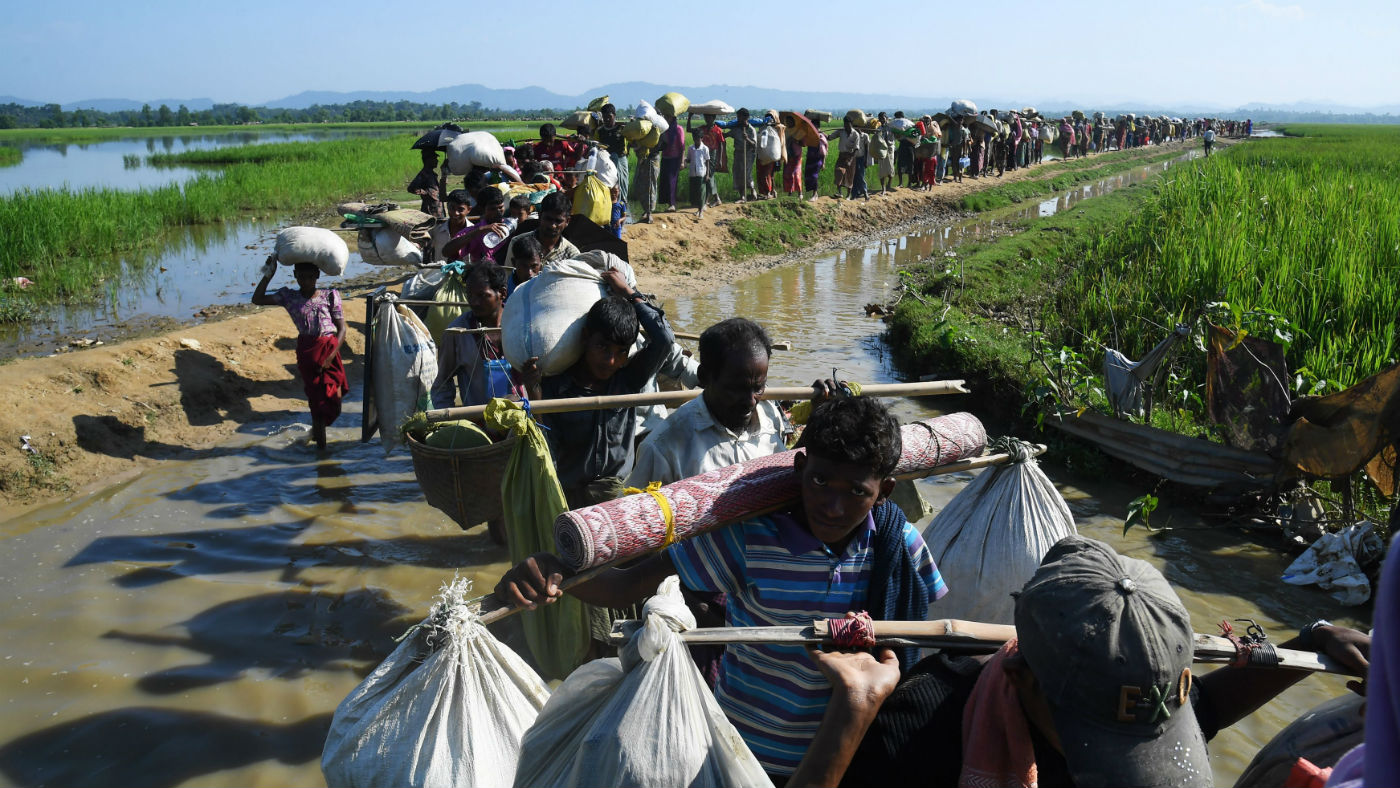
A free daily email with the biggest news stories of the day – and the best features from TheWeek.com
You are now subscribed
Your newsletter sign-up was successful
Myanmar and Bangladesh have agreed terms to allow hundreds of thousands of Rohingya refugees to return home to Myanmar, despite continued abuses and obstruction by the military there.
While the details of the agreement have yet to be finalised, Bangladesh’s foreign affairs minister said the return should start within two months.
However, Reuters said there was “little enthusiasm for the deal among Rohingya refugees” unless they are granted citizenship in Myanmar as part of a wider deal to return their land.
The Week
Escape your echo chamber. Get the facts behind the news, plus analysis from multiple perspectives.

Sign up for The Week's Free Newsletters
From our morning news briefing to a weekly Good News Newsletter, get the best of The Week delivered directly to your inbox.
From our morning news briefing to a weekly Good News Newsletter, get the best of The Week delivered directly to your inbox.
Myanmar has come under intense international pressure to bring the refugees home after more than 600,000 Sunni Muslim Rohingya fled across the border to escape massacres by the military during a Muslim insurgency.
On Wednesday, the US said the military operation that drove the Rohingya into mainly-Muslim neighbouring Bangladesh amounted to “ethnic cleansing”, echoing an accusation first levelled by the UN in the early days of the crisis.
However, “the persecution of the stateless minority has not yet officially been classed as a genocide or crime against humanity”, says Sky News.
US Secretary of State Rex Tillerson said those who perpetrated the atrocities “must be held accountable” and he was considering “targeted sanctions” against individuals, but not broader sanctions against the country.
A free daily email with the biggest news stories of the day – and the best features from TheWeek.com
Not safe to return?
While hailing Thursday’s tentative agreement as a positive step, aid agencies raised concerns about the safety of the Rohingya if they are forcibly returned.
Rights groups have accused the army of carrying out mass rape and other atrocities during a counter-insurgency operation launched in late August in retaliation for attacks by Rohingya militants in Rakhine State. Reuters says many now fear the military “could prove obstructive” should hundreds of thousands of refugees choose to return.
Myanmar is nominally ruled by a civilian government headed by Nobel Peace laureate Aung San Suu Kyi, but the military that ruled for two decades still has considerable power.
Its hostility to hundreds of thousands of Muslim refugees returning to Myanmar appears to have been bolstered by support from some in the international community. Russia’s ambassador criticised the US use of the term “ethnic cleansing” and China has signalled it wants stronger ties with Myanmar’s military.
Li Zuocheng, who sits on China’s Central Military Commission, called for greater contact between the two armed forces as well as deeper training and technical exchanges aimed at promoting border defence cooperation.
Eye Witness News says China has been “angered by fighting between Myanmar’s military and autonomy-seeking ethnic minority rebels close to the Chinese border in recent years, which has at times forced thousands of villagers to flee into China”.
Meanwhile, Bangladesh, one of the poorest countries in the world, has been overwhelmed by the scale of the humanitarian crisis and wants to ensure its overstretched refugee camps along the border do not become permanent homes for more than half a million people.
-
 The ‘ravenous’ demand for Cornish minerals
The ‘ravenous’ demand for Cornish mineralsUnder the Radar Growing need for critical minerals to power tech has intensified ‘appetite’ for lithium, which could be a ‘huge boon’ for local economy
-
 Why are election experts taking Trump’s midterm threats seriously?
Why are election experts taking Trump’s midterm threats seriously?IN THE SPOTLIGHT As the president muses about polling place deployments and a centralized electoral system aimed at one-party control, lawmakers are taking this administration at its word
-
 ‘Restaurateurs have become millionaires’
‘Restaurateurs have become millionaires’Instant Opinion Opinion, comment and editorials of the day
-
 The Week Unwrapped: Synthetic fuel, Myanmar and an energy rebate
The Week Unwrapped: Synthetic fuel, Myanmar and an energy rebatepodcast Could fuels made from CO2 and hydrogen end our dependence on oil? What’s happening in Myanmar? And will energy companies pay us to use less power?
-
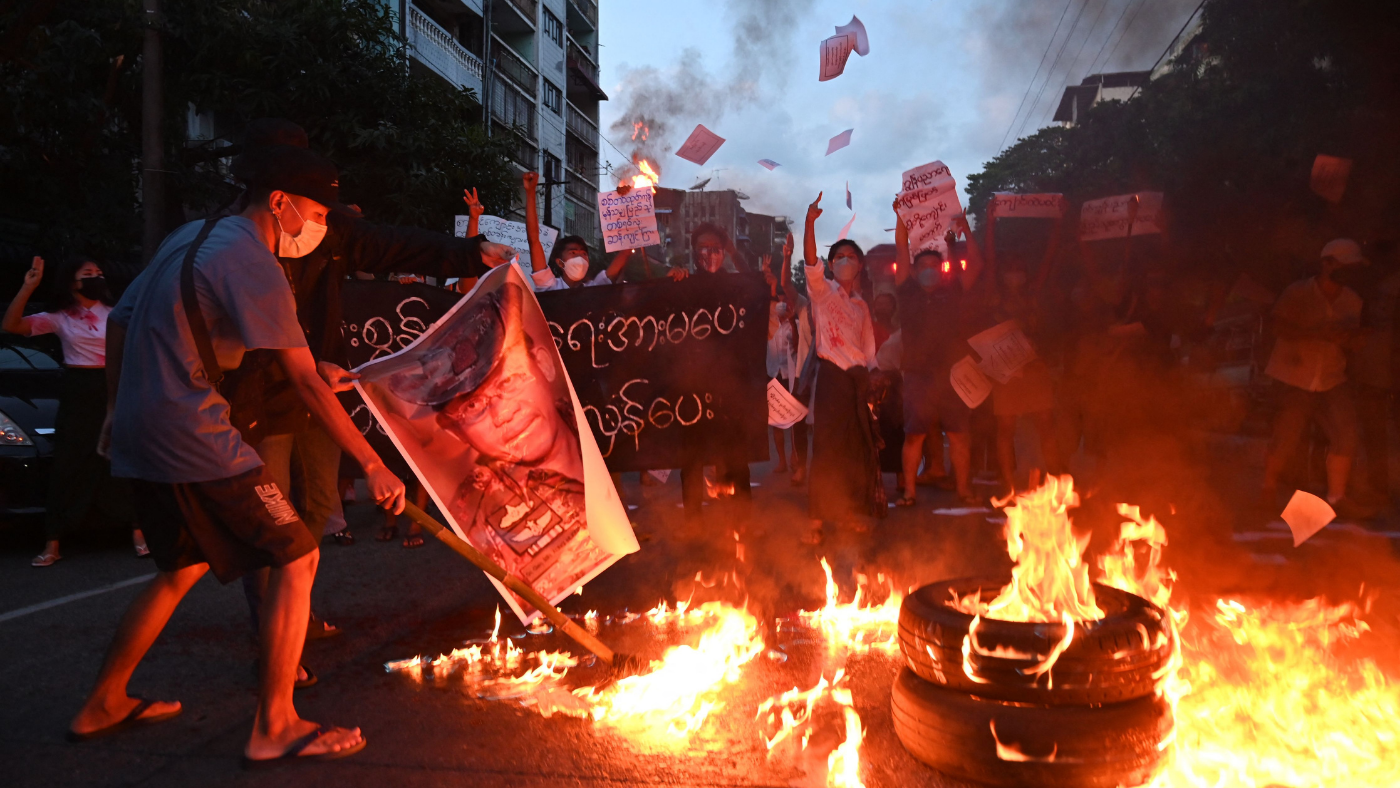 ‘The international community must do more to help Myanmar’s citizens’
‘The international community must do more to help Myanmar’s citizens’Instant Opinion Your digest of analysis from the British and international press
-
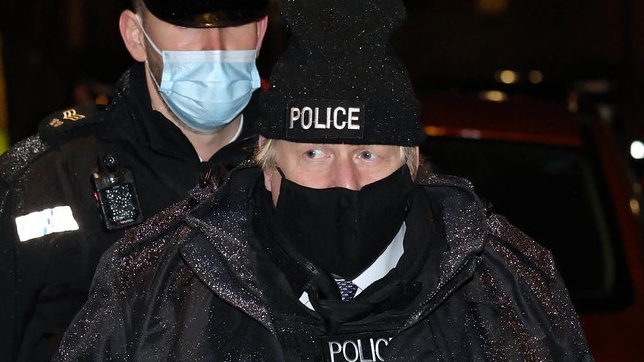 ‘Fiercer punishment is no solution to drug use’
‘Fiercer punishment is no solution to drug use’Instant Opinion Your digest of analysis from the British and international press
-
 The Week Unwrapped: Martial monks, high living and Turks in space
The Week Unwrapped: Martial monks, high living and Turks in spacepodcast What links monks and Myanmar’s military? Are we past peak skyscraper? And why is Turkey joining the space race?
-
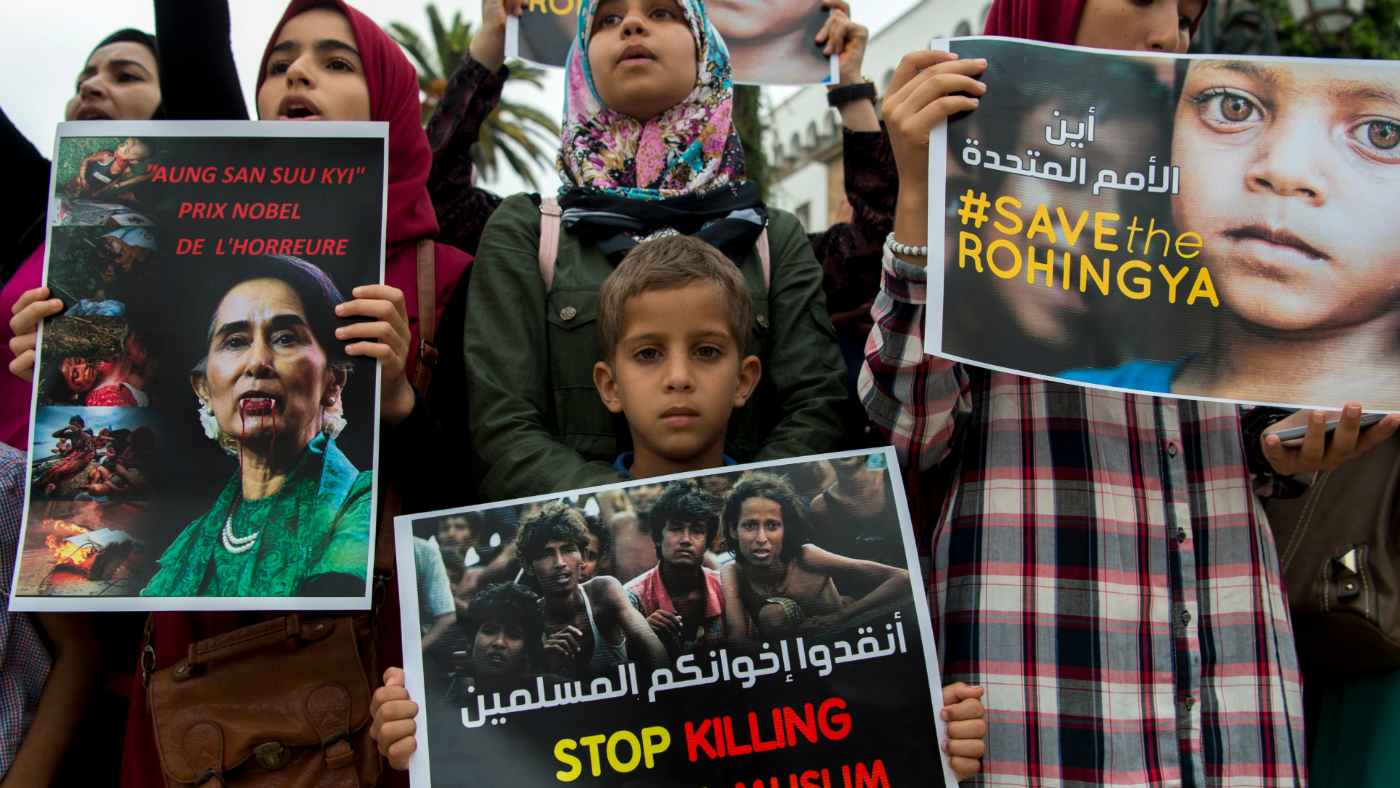 UN orders Myanmar to stop Rohingya genocide
UN orders Myanmar to stop Rohingya genocideSpeed Read Landmark ruling ‘obliterates’ any remnants of Aung San Suu Kyi’s international reputation
-
 Instant Opinion: English football ‘needs to lead’ fight against racism
Instant Opinion: English football ‘needs to lead’ fight against racismIn Depth Your guide to the best columns and commentary on Monday 23 December
-
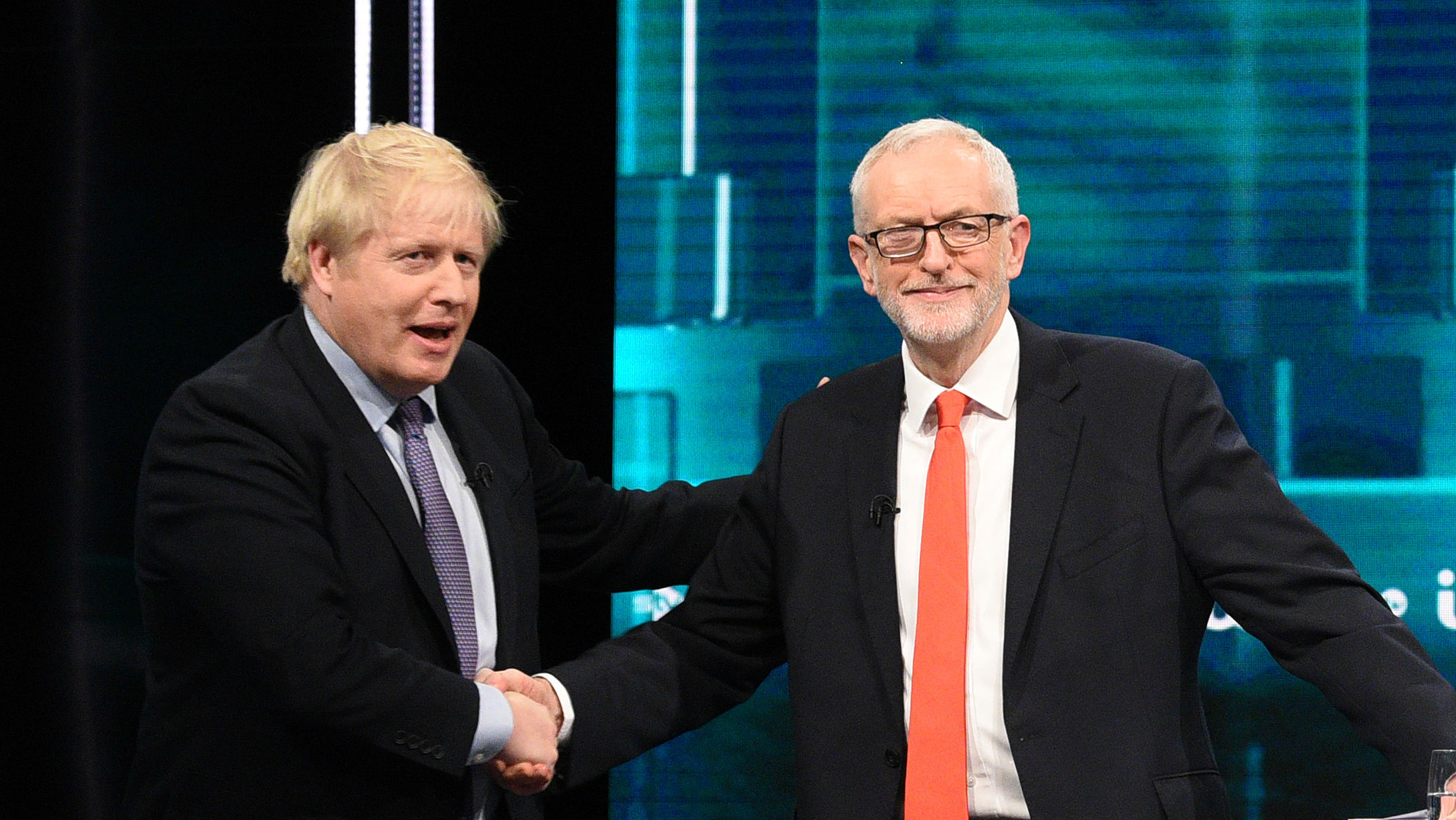 Instant Opinion: General election is an ‘unpopularity contest’
Instant Opinion: General election is an ‘unpopularity contest’In Depth Your guide to the best columns and commentary on Tuesday 10 December
-
 Instant Opinion: David Koch’s ‘sad legacy’ of ‘death and destruction’
Instant Opinion: David Koch’s ‘sad legacy’ of ‘death and destruction’In Depth Your guide to the best columns and commentary on Tuesday 27 August